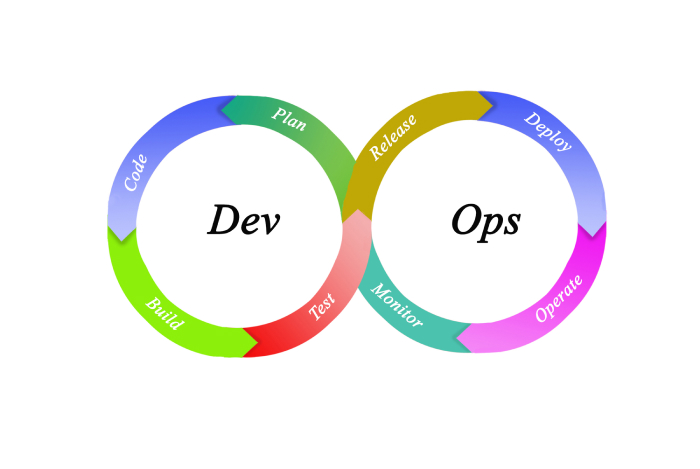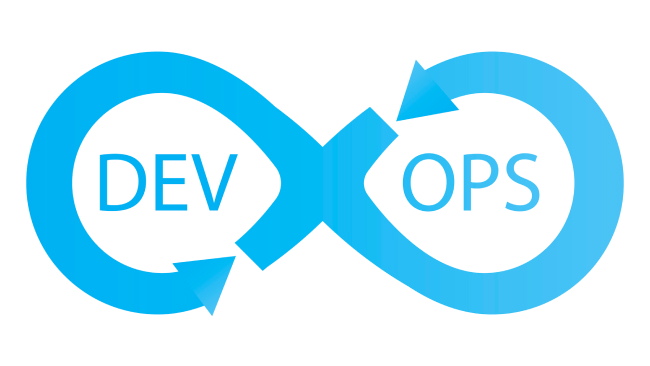
In fact, very few companies have never heard of DevOps or have no plans to adopt it. As a result, it is clear to see that most companies can identify the benefits of using DevOps.
DevOps is essentially combining software development and IT operations into one entity at your company. Collaboration and teamwork are incredibly important within DevOps. This seeks to shorten the development life cycle and allow for quicker development, which can greatly benefit companies. Other benefits of utilizing DevOps practices at your company include better agility, more engaged teams, cross-skilling, and many others.
However, while DevOps can be incredibly effective and help companies and teams succeed, it can also be challenging. There are many different challenges to adopting DevOps that companies will need to face.
Implementing or using DevOps unsuccessfully can waste a lot of time, cost a lot of money and potentially irritate a lot of workers. With that in mind, this article is going to look at five different DevOps practices that your company must follow.
Keep Security in Mind
While DevOps can be incredibly beneficial to companies, as we have mentioned, it isn’t perfect. One of the largest problems that some firms will run into in regards to DevOps is security. Because DevOps focuses on increasing the speed and efficiency of development and deployment, security often takes a back seat.
But with hacks, leaks, and breaches growing incredibly common, security still needs to be a major concern. As a result, be sure to always keep security in mind when implementing or utilizing DevOps. Using logging as a service tool and a range of other technologies can help you ensure you can still practice DevOps, without hurting the security or privacy of your company.
Measure Your Success
Whenever you make any changes to your business, it is important to monitor the success of these changes and see how they have worked. This is especially true when making the change to DevOps.
Without measuring your success and looking at important metrics or indicators, it will be impossible to tell whether the shift to DevOps was successful. You should look at the speed of your deployment and development, how many issues have arisen, and any bottlenecks that are affecting your company.
Whatever metrics you want to measure, be sure to do so frequently to make sure DevOps is providing the best possible results. The monitoring and measuring should also be continuous to make sure that you are aware of exactly which areas need to be worked on more.
Use Automation When You Can
Automation has seemingly taken over the business world, and for good reason. It can greatly improve efficiency, increase profits and free up a ton of employee time. There are many tedious tasks within software development and operations that can be automated to save a lot of time and effort.
In particular, automatic testing is something that can be incredibly fruitful in DevOps. This will ensure that nothing slips through the cracks and everything gets dealt with as soon as it becomes a problem. If you don’t test effectively, bugs and other errors can reach the end-user and affect their experience or performance.
Testing automatically and continuously can all but guarantee that your application is high-quality and free of issues once you decide to deploy it. Manual testing can also be more difficult and time-consuming.
Start Small and Grow Intelligently
While DevOps can provide immediate value to most companies, you need to be careful when implementing it. It is often a big change and thus, take your time when making the switch to DevOps. Start with a single team or project, and show off the unique value that DevOps practices provide.
If you simply switch over every team and process to DevOps practices, you will likely experience some trouble. Employees may not be open to it, your tools and policies might not work with it, and several other things can occur. Taking things slowly can show off the benefits and value of DevOps, which will help get others on board.
This will also give you time to create new policies, decide which tools to use, how to organize teams and anything else that needs taking care of. Once DevOps has proven effective in small samples at your company, feel free to scale upwards.
DevOps is About the People
As businesses get more and more digital and technical, it can be easy to lose sight of the people. This is especially true in DevOps. However, it is important to always remember that DevOps is about people. The importance of teamwork, respect, and willingness to collaborate cannot be overstated.
Teams that cannot work together is sure to put a cog in any DevOps strategy. You could have the best tools in the world, but if your team cannot effectively collaborate and use them, your DevOps plans are sure to fall apart. Everyone needs to know their role in the process and perform it to the best of their abilities.
Make sure that everyone is on the same page, and any concerns that people have are dealt with in a timely manner. DevOps can be a large cultural shift for your company, but you need to do everything you can to make sure everyone is on board and willing to help the change occur smoothly.
Constant and continuous communication and feedback can go a long way in this department. Educating employees and stakeholders, as well as everyone sharing responsibility for the success of the company, can help your DevOps strategy go off without a hitch.
In conclusion, we hope that this blog post has been able to help you learn some of the most effective DevOps practices out there. These are far from the only DevOps practices you should abide by but are some of the best. If you abide by these practices and others like them, your company will surely be better off as a result.
Further reading on the blog about DevOps:

Best Books on DevOps
DevOps Overview
Wendy Dessler is an award-winning writer who discovered her passion for providing knowledge to readers worldwide on topics closest to her heart – all things digital. Since her first high school award in Creative Writing, she continues to deliver awesome content through various niches touching the digital sphere.






